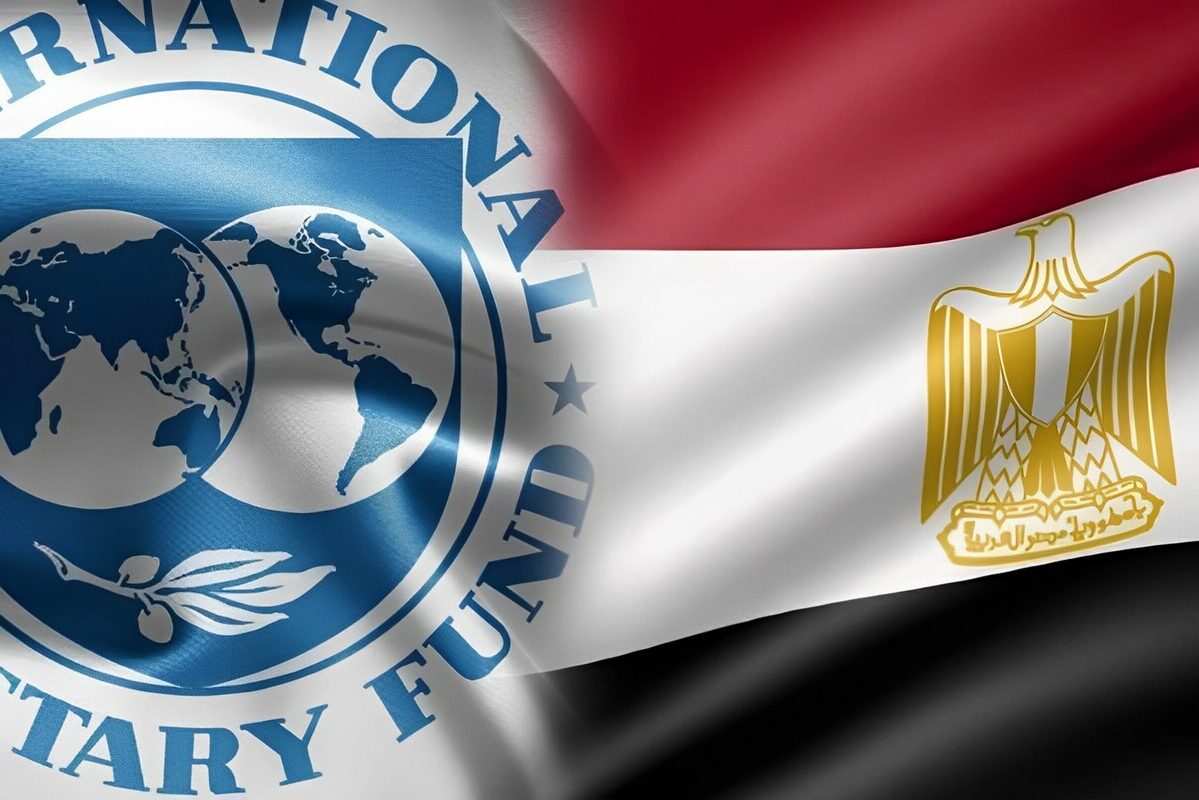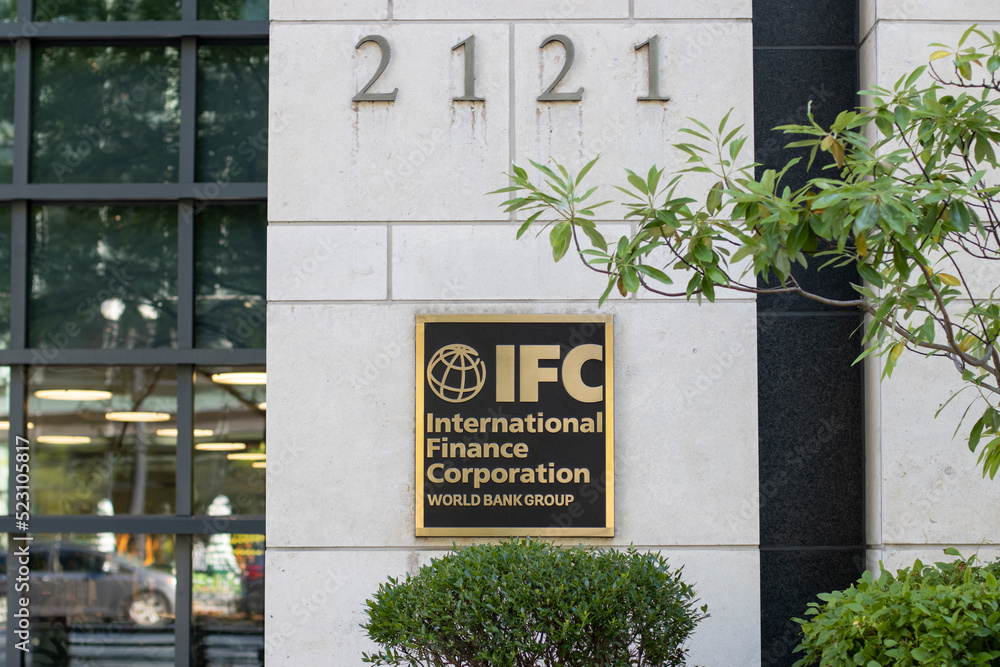
The Need for a Sanction System for IFC Clients Violating Performance Standards: Ensuring Accountability Beyond Financial Fraud
Author: Amy Ekdawi Imagine two parallel universes within the world of Multilateral Development Banks (MDBs): one where financial integrity reigns supreme, and another where human and environmental well-being often takes
Arab Watch Coalition Members’ Participation in the 2025 OECD Watch Global Meeting
Following an invitation from the Organisation for Economic Co-operation and Development (OECD) Watch, Ms. Sihem Bouazza, Chair of the Board of Arab Watch Coalition, and Mr. Ahmed Chehbouni, Treasurer of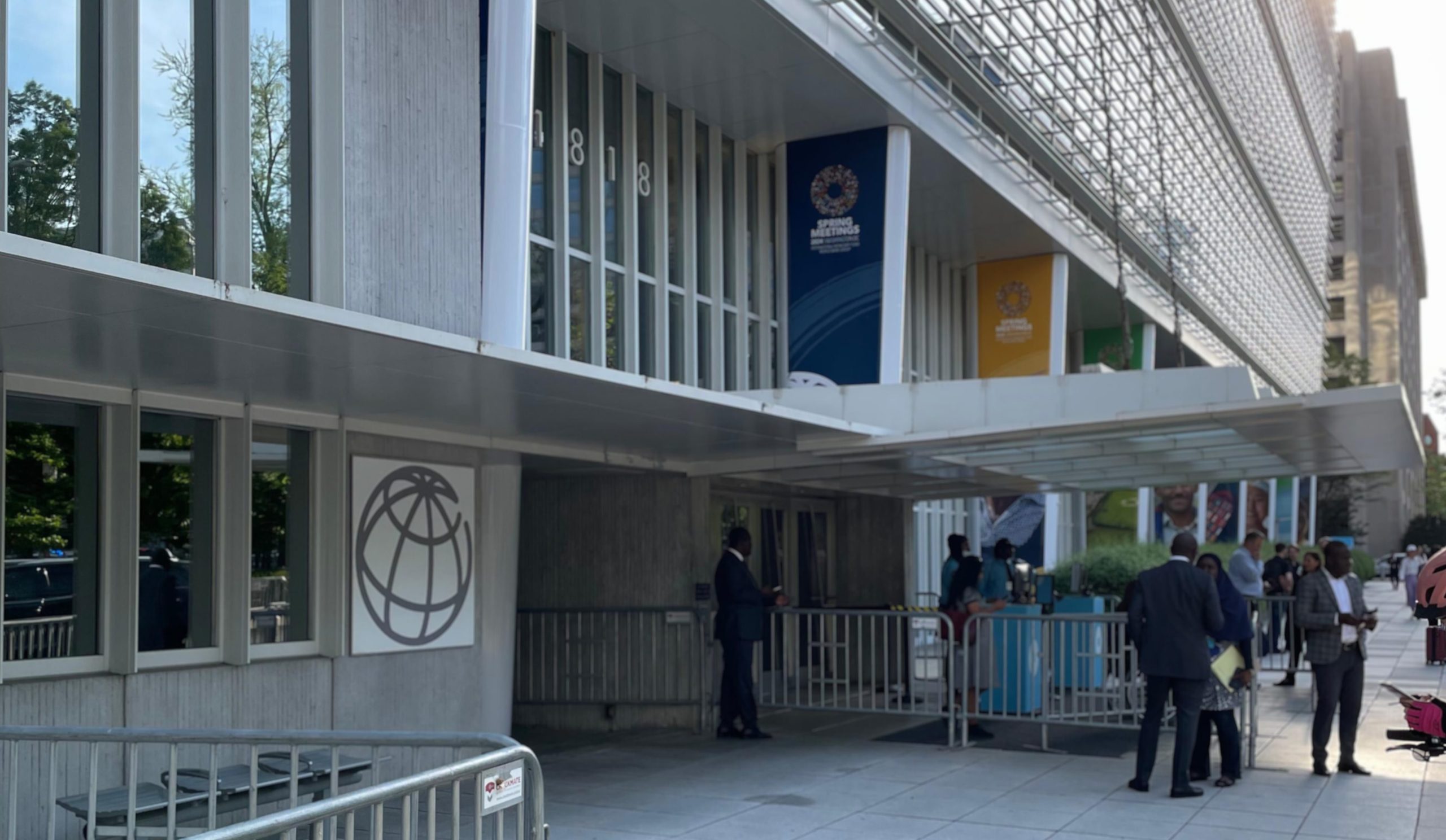
Understanding and Leveraging the World Bank’s Environmental and Social Framework: A Toolkit for MENA CSOs
Introduction to the toolkit This guide, in its third part, is designed to address a critical area for civil society organizations (CSOs) across the Arab region: understanding and engaging with
Understanding the World Bank’s Updated CCE Framework and New Monitoring Indicator: Key Insights and CSOs’ Recommendations
This overview is based on key consultation documents, including “Citizens at the Center: A Strategic Review of Good Practices and Lessons Learned for the Renewal of World Bank Support for
The Lebanese Government is Formed—Nine Urgent Priorities for Economic Recovery
Lebanon’s economic trajectory remains precarious following the devastating war with Israel (October 2023–November 2024), which compounded an already severe financial crisis. With the IMF expected to reengage in negotiations for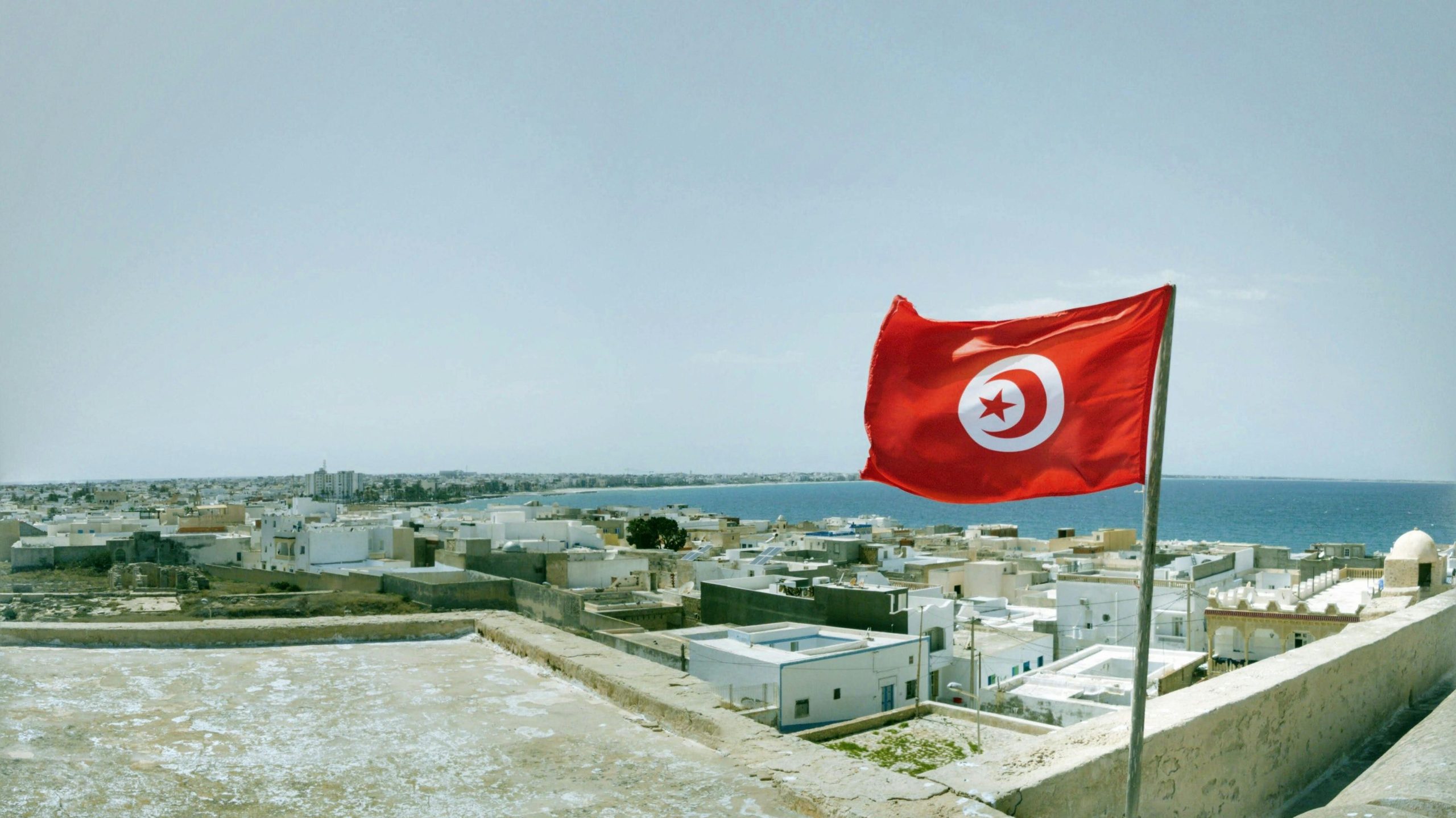
Tunisia’s IMF Journey: Unveiling the Successes, Failures, and Ongoing Challenges.
Brief Introduction to the Study Tax policy is one of the fundamental tools of economic policy that states use to achieve an effective balance between public resources and expenditures while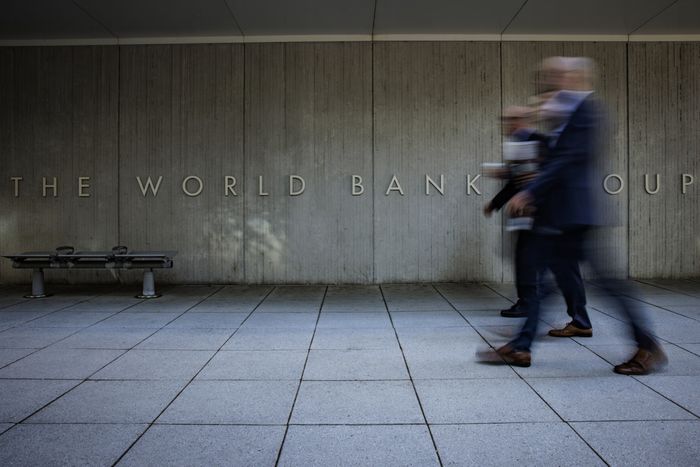
AWC’s Comments and Recommendations on the World Bank Group’s Proposed New Country Engagement Approach
As part of the World Bank’s Evolution Process, which began two years ago, the WBG is reviewing its country engagement approach to align with its new vision and mission. The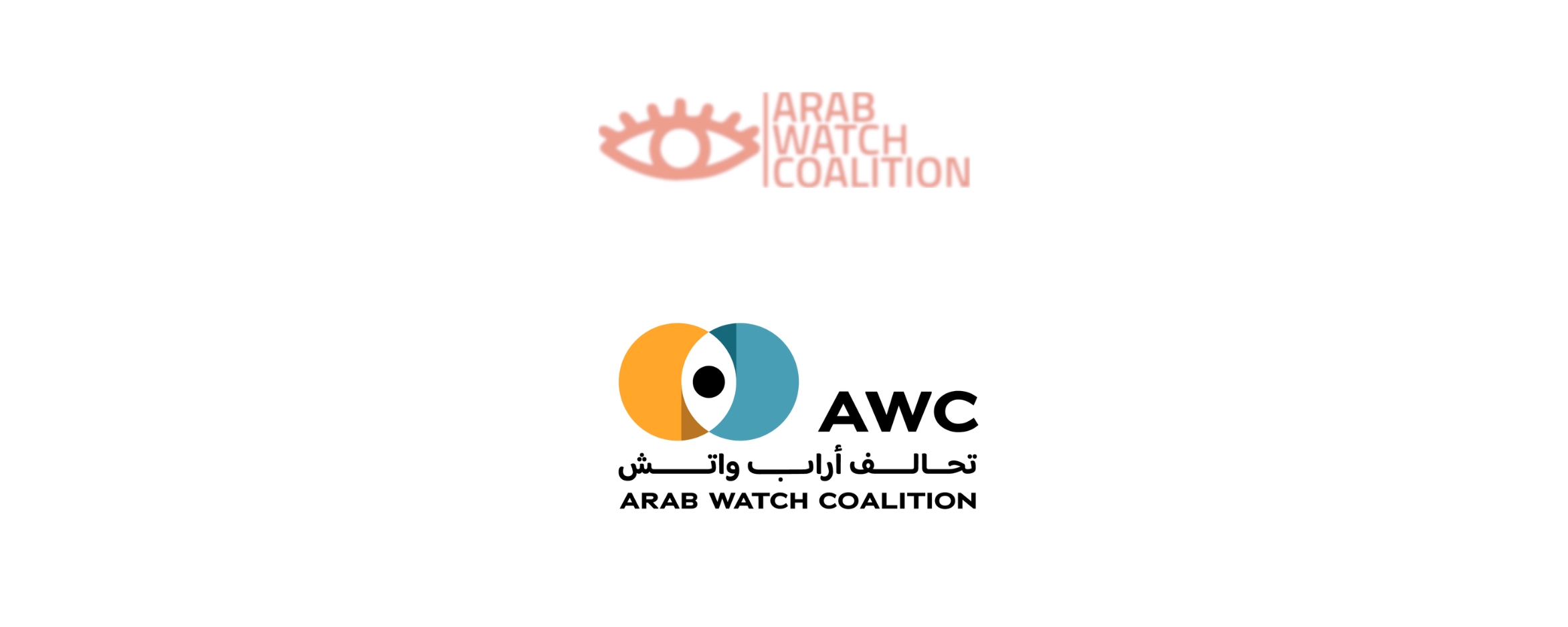
AWC Unveils New Logo
We are proud and excited to unveil the new logo of Arab Watch Coalition—a bold reflection of our identity and our growing role in reshaping the future of the Arab
A Guide to Access World Bank Project Information and Understand Project Documents for CSOs
Introduction to the toolkit The Arab region has long faced a gap in awareness regarding the profound influence International Financial Institutions (IFIs) have in shaping development in their respective countries.